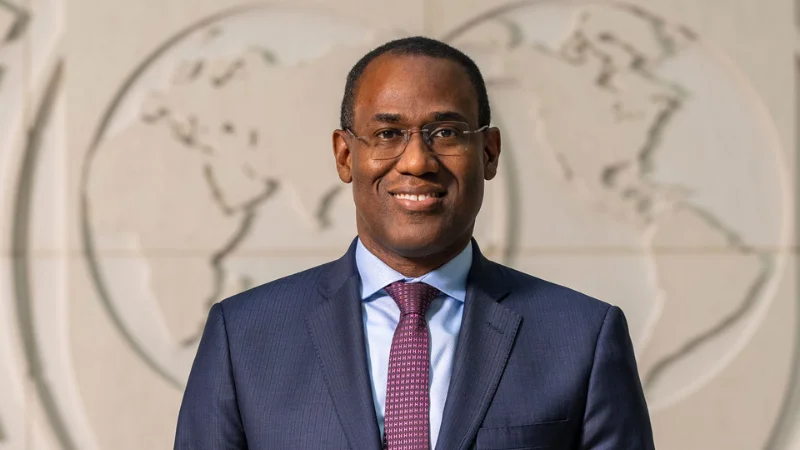The Executive Board of the International Monetary Fund (IMF) has completed the third review of Ecuador’s Extended Fund Facility (EFF) arrangement, allowing the country to access an additional SDR 438.4 million (approximately US$600 million). This brings total disbursements under the program to about US$2.7 billion.
Ecuador’s 48-month EFF arrangement was initially approved in May 2024 and expanded in July 2025, providing access to a total of SDR 3.75 billion (about US$5 billion). The program aims to strengthen fiscal and debt sustainability, protect vulnerable groups, rebuild liquidity buffers, safeguard macroeconomic and financial stability, and support structural reforms for sustainable growth.
According to the IMF, Ecuador met all quantitative performance criteria for end-August 2025, with some targets exceeded by significant margins. The authorities have also made progress on structural benchmarks related to fiscal policy, governance, and economic reforms.
The IMF noted that the government has implemented revenue and expenditure reforms while introducing targeted measures to protect vulnerable populations. Structural reforms are ongoing in areas such as financial stability, governance enhancement, private investment promotion, and job creation. New benchmarks are being set to further advance these efforts.
Real GDP is recovering faster than previously projected due to strong domestic demand and record nonoil exports. Inflation remains low. The current account balance is expected to continue posting surpluses, contributing to higher international reserves. The financial sector is described as broadly stable with credit growth supporting economic activity.
Despite this progress, Ecuador faces challenges from global policy uncertainty and volatility in international markets. The IMF emphasized that continued implementation of fiscal consolidation and economic reforms will help maintain public debt on a downward path and support the government’s goal of lowering sovereign spreads while regaining access to capital markets.
Nigel Clarke, Deputy Managing Director and Acting Chair at the IMF, stated: “The Ecuadorian authorities have made significant progress in implementing their economic program supported by the IMF’s Extended Fund Facility (EFF) arrangement. All quantitative targets for the third EFF review have been met—many with significant margins—and the implementation of structural reforms is progressing well. Real GDP is recovering much faster than projected, driven by strong domestic demand and record nonoil exports, while inflation remains low. Sizable current account surpluses are projected to continue alongside a further increase in international reserves. The financial sector remains broadly stable, and credit growth is supporting economic activity. Solidifying these achievements will require continued program ownership and steadfast implementation of the authorities’ reform program. Contingency planning is also paramount given domestic and external vulnerabilities.
“The authorities continue taking important policy actions to implement high-quality revenue and expenditure reforms, strengthen fiscal sustainability, and further build fiscal and external buffers. The steadfast implementation of the policy agenda has contributed to a substantial decline in sovereign debt spreads since their peak in April. The authorities remain committed to continue strengthening the fiscal position and maintaining public debt on a firm downward path.
“Enhancements to the social safety net continue through targeted compensatory measures to mitigate the impact of reforms on vulnerable populations. Additionally, the authorities continue expanding the coverage of the social safety net for lower-income households, surpassing program targets.
“The implementation of the financial sector policy agenda includes strengthening financial regulation and oversight, as well as enhancing coordination between supervisory agencies. Efforts are also underway to enhance the resolution framework, gradually liberalize the interest rate system, and develop the domestic capital markets.
“The authorities are advancing structural reforms aimed at unlocking growth potential. They are working to attract private investment in high-potential sectors, such as mining, hydrocarbons, and energy. They are also pursuing new measures to diversify the economy, build resilience to natural disasters, fight illicit activities, and enhance the institutional framework and governance.”
Projections indicate that real GDP growth will shift from -2% in 2024 up to 3.2% in 2025 before moderating slightly in 2026; inflation is expected to remain contained over this period; public sector debt as a share of GDP is forecasted at just below 54% for both 2024–25 before declining further; gross international reserves should rise from $6.9 billion in 2024 up toward $13 billion by 2026; while current account surpluses are set above historical averages through this period.

